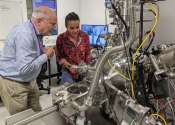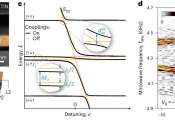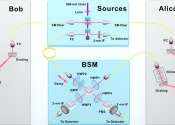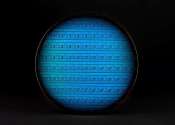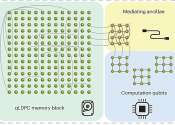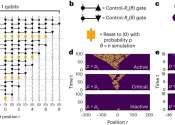New super-pure silicon chip opens path to powerful quantum computers
Researchers at the Universities of Melbourne and Manchester have invented a breakthrough technique for manufacturing highly purified silicon that brings powerful quantum computers a big step closer.
